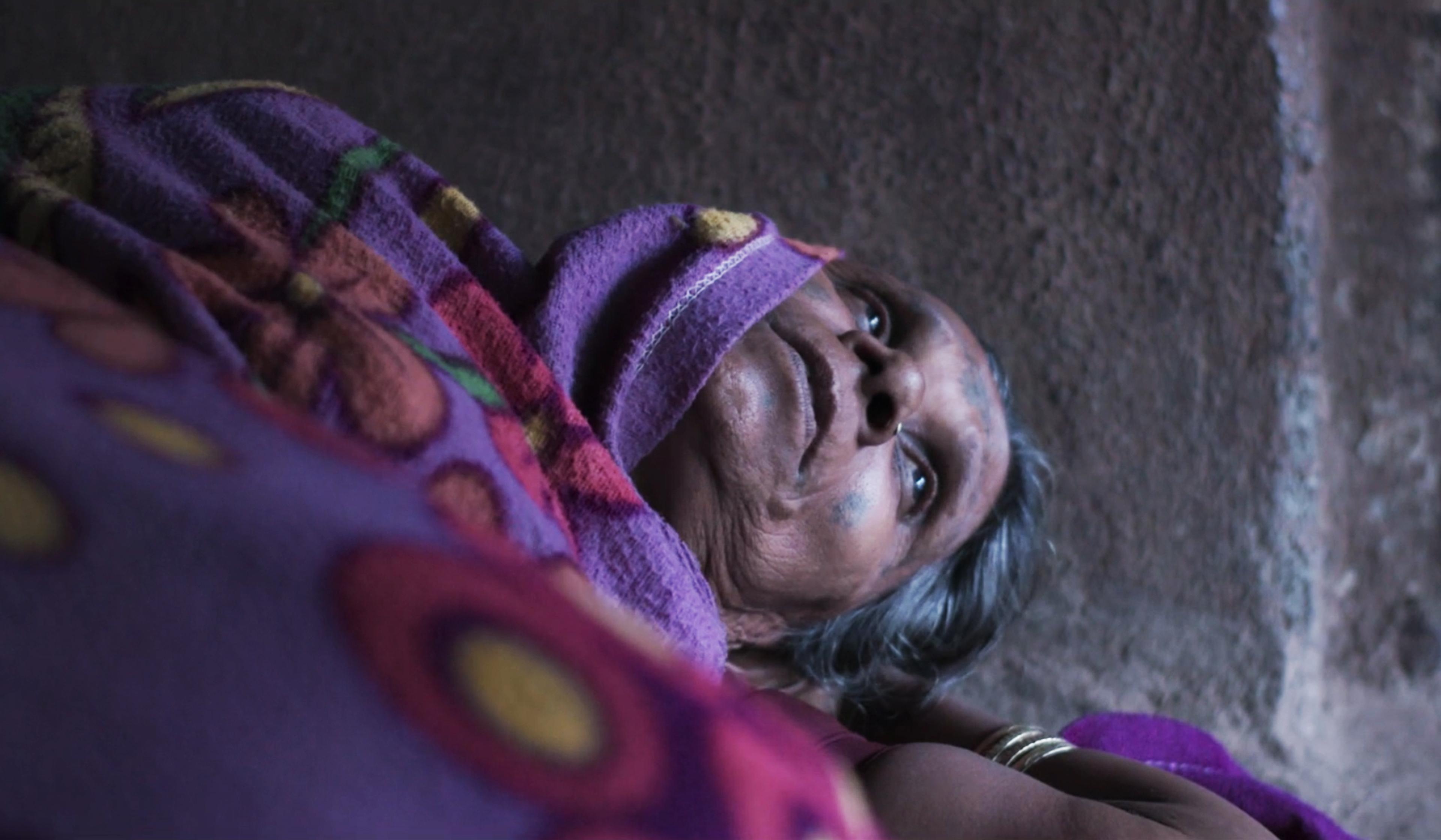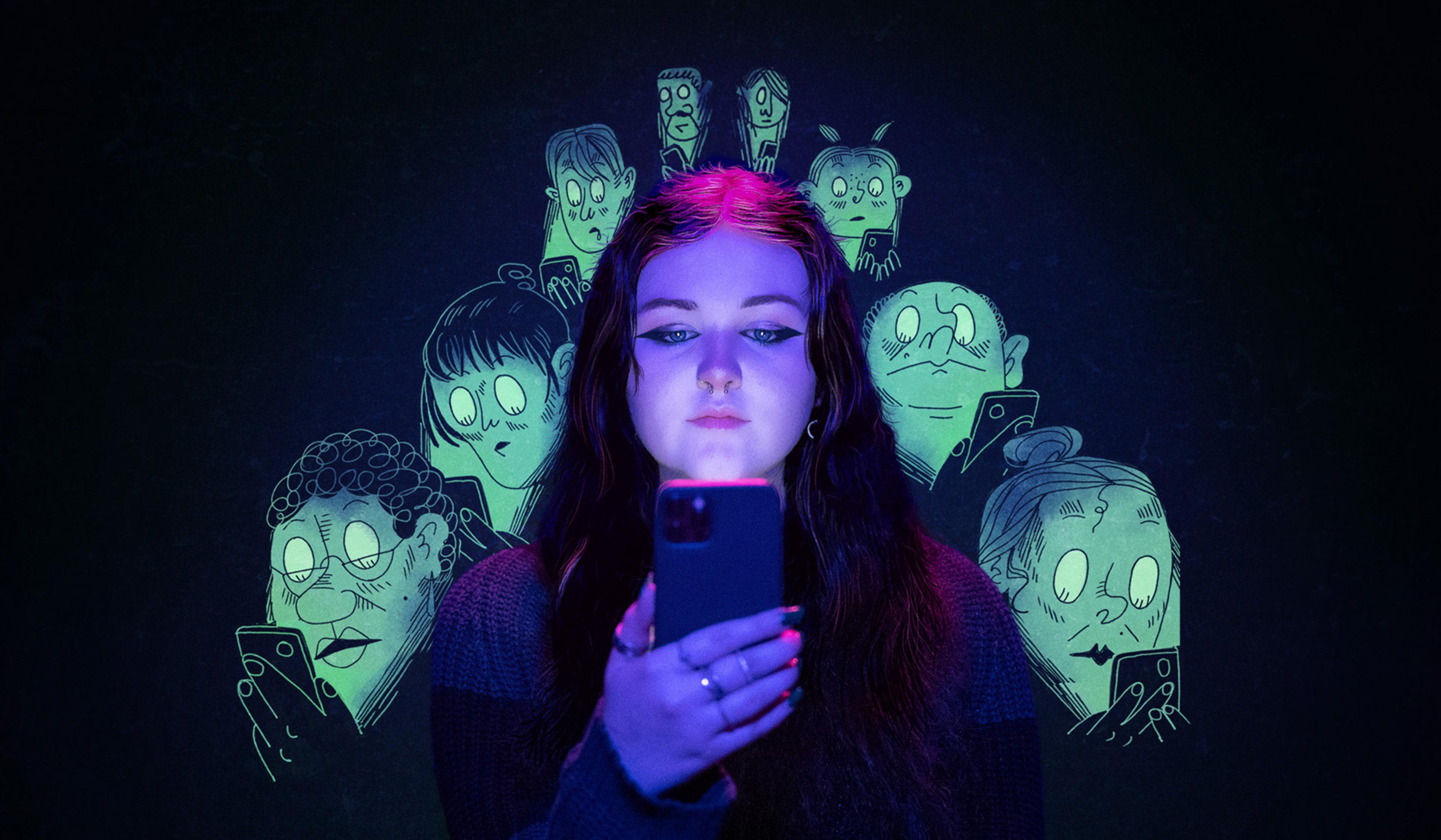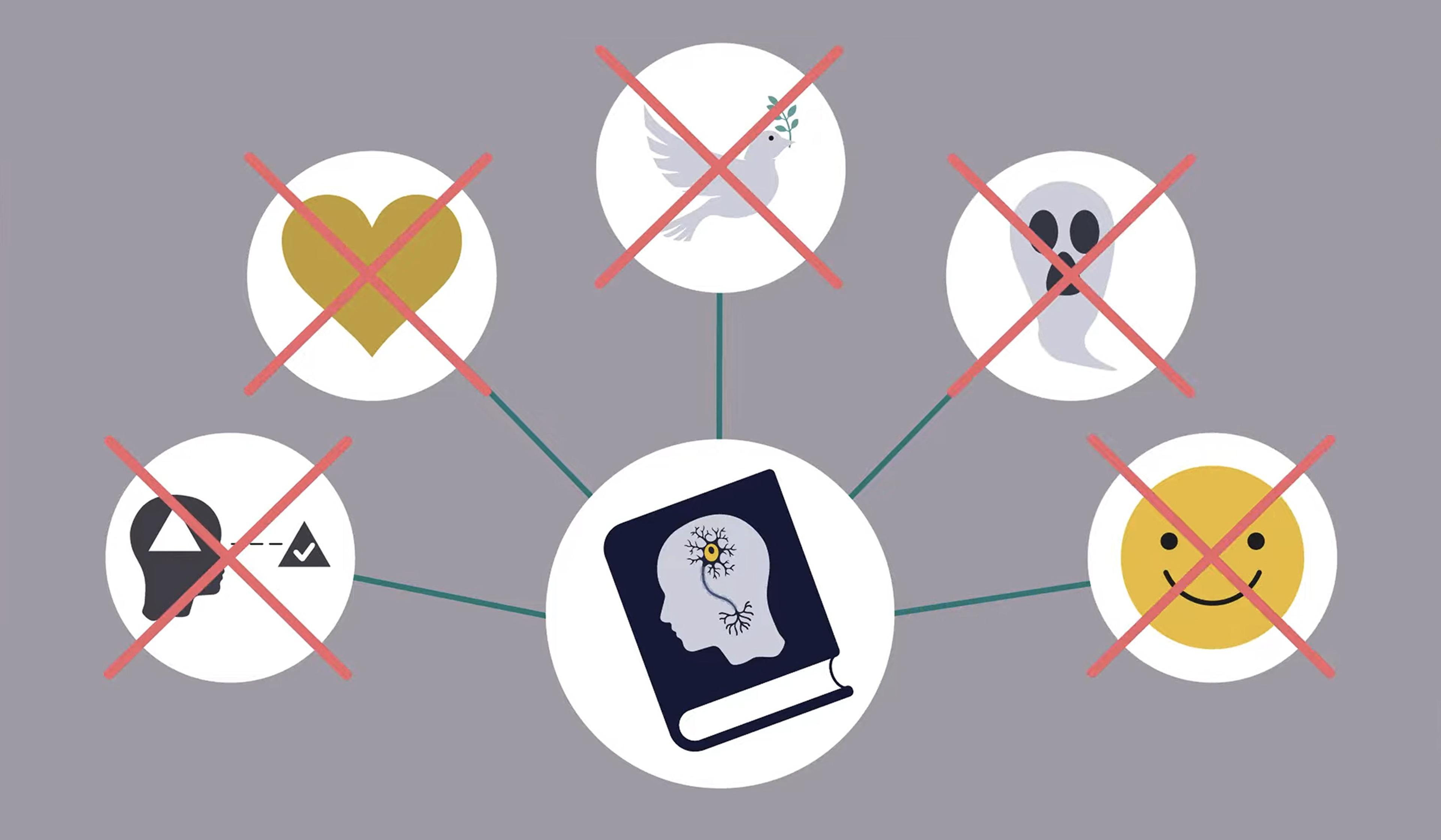Beliefs in and the policing of witchcraft have been common throughout human history. But why? Many anthropologists believe that a fear of witchcraft accusations can help enforce social cohesion, but this theory has rarely been put to the test. In 2012, a group of researchers from the UK and China set out to map witchcraft accusations in a small farming village in rural China to investigate how these labels affected cooperation and conflict. This brief animation explores the results of their pioneering study, which was published in Nature Human Behaviour in 2018. Ultimately, the team found that witchcraft labels in the community didn’t indicate antisocial behaviour. Rather, the researchers posit, such accusations may have arisen as a means of damaging sexual rivals.
Why are witchcraft accusations so common across human societies?
Video by Nature
Producer: Rodolph Schlaepfer

videoHistory
Hags, seductresses, feminist icons – how gender dynamics manifest in witches
13 minutes

videoHuman rights and justice
Witch hunts persist as a horrifying, deadly reality in pockets of rural India
24 minutes

videoSocial psychology
Social contagions can cause genuine illness, and TikTok may be a superspreader
10 minutes

videoPhilosophy of mind
Do we have good reasons to believe in beliefs? A radical philosophy of mind says no
5 minutes

videoEthics
Facts and reason are not enough. If you want to understand politics, look to morals
3 minutes

videoGender
To understand the aversion to powerful women, look to the Greeks, says Mary Beard
72 minutes

videoTechnology and the self
How the magic of photography brought Victorian England closer to the spirit realm
16 minutes

videoCognition and intelligence
Beware your shower! Why the risks that matter most can be those you notice least
2 minutes

videoMood and emotion
Kindness as self-defence – the power of ‘non-complementary behaviour’
8 minutes